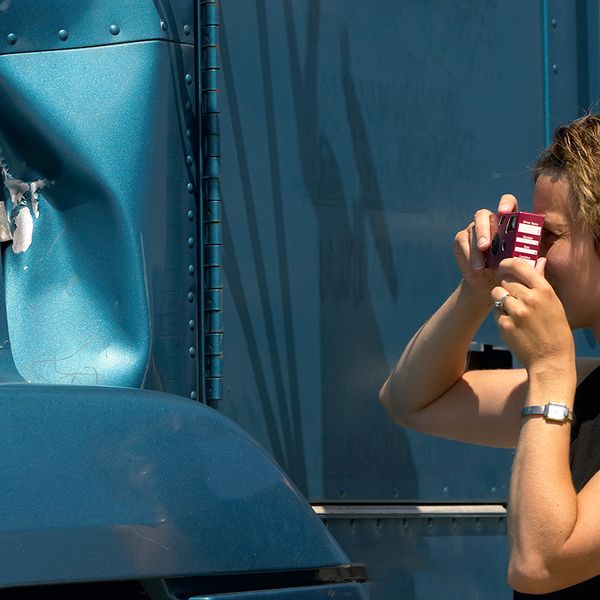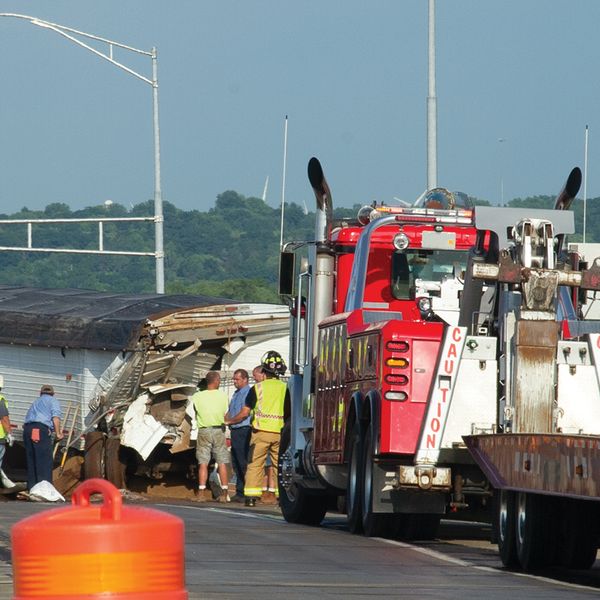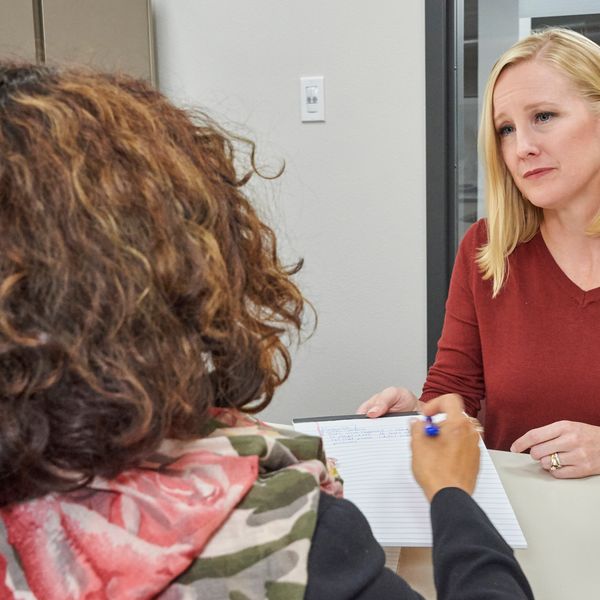Tips and tricks for interviewing witnesses after an accident
Witness interviews are critical to any accident investigation and should be taken as quickly as possible after an accident. That’s when the information is fresh, and there’s less time for witnesses to talk with each other or come up with creative versions of the events that occurred. Interviews should focus on the facts of the event, including what happened before and after, and should avoid opinions and assumptions. Ultimately, the investigator needs to know who was involved, what they were doing, what was happening at the time, and when and where the accident occurred.
Interviews should be conducted privately with no more than two interviewers. By keeping the interviews small and away from others, you have a much better chance of having a factual and productive conversation. It may be tempting to let management sit in, but they’re likely to cause the employee to clam up and not be forthcoming. Keeping this conversation informal can help employees relax and talk more freely. Simply ask what happened and let the witnesses tell the story in their own words. Remind them that the goal of this conversation isn’t to get anyone in trouble.
Ask open-ended questions like “what happened next?” and avoid leading questions. A leading question might cause someone to make things up in an attempt to answer the question. Witnesses might give their opinions, and you can make notes, but distinguish between the facts and their opinions. Along the same lines, avoid questions that suggest an accusation, such as “do you think he wasn’t paying attention?” Repeat their conclusions back to them to confirm your understanding.
Something else to remember when interviewing is that people aren’t perfect. Statements from multiple witnesses might be contradictory because both statements can’t possibly be factual. This doesn’t mean either worker is lying. It could just be how they remember the events or are worried they may get in trouble.
Suppose the incident involved a forklift operator who stopped suddenly, and the load he was carrying slid off the tines, nearly striking a pedestrian. You might hear statements like, “I didn’t see the forklift” or “the pedestrian just came out of nowhere.” Now, that may be how the witnesses remember things. But there’s probably something else going on here. Follow-up questions might be along the lines of, “what were you focused on at the time of the accident?” Maybe the pedestrian was checking his cell phone and didn’t see or hear the forklift approaching. Or perhaps the forklift operator was going too fast or failed to stop and sound the horn at an intersection. There could be several contributing factors, and you’ll want to identify all of them.
Key to remember
Witness interviews provide valuable information in determining what happened when an incident occurs. It’s essential to make the witnesses comfortable and remind them the goal of investigating is to help prevent reoccurrence, not to blame employees.






















































